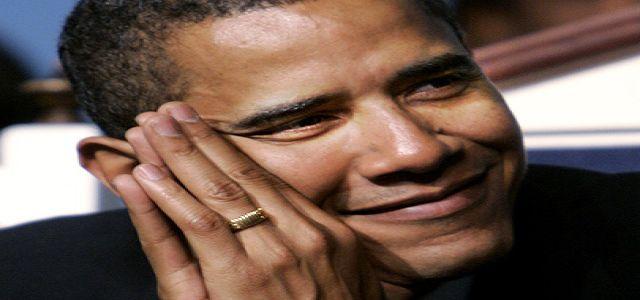- Obama
- January 23, 2010
- 4 minutes read
Obama and the Arab World: The Honeymoon Is Really Over Now

There’s no doubt that there’s been growing Arab disappointment with President Obama, but I’m beginning to sense the disappointment – both understandable and expected – turning into something altogether more worrying. Part of the problem is that many Arabs, including even some Islamists, believed in Obama almost as much as Americans did.
I had lunch the other day with three Western-educated Arab liberals, the kind of people who were optimistic, if cautiously so, not too long ago. The conversation turned to U.S. policy and I felt like I was back in the Bush era, having to muster some kind of defense for my country’s actions. Before, under Bush, I could always say: “wait, the Bush administration doesn’t represent what America and Americans stand for. Don’t worry, we’ll vote him out of office and elect a Democrat…” Now, I’m not exactly sure what, if anything, I should say. I’m not in any mood right now to put positive spin on Obama’s first 12 months or on what Democrats can offer America and the world. The gap between expectation and reality has been so great so as to almost defy characterization.
Arab critics of U.S. policy are likely to draw several conclusions from Obama’s first year in office (whether or not these perceptions are accurate is beside the point. Perceptions matter as long as people think they’re accurate):
- That it doesn’t quite matter who the American President is. Obama might be great. He might care about Arabs and their grievances. But political structures matter more than individuals – and the American system seems wedded to a fundamentally misguided approach toward the Middle East.
- The election of Obama – with his evident desire to build bridges with the Arab world, not to mention his Muslim family and middle name – was the best possible outcome that Arabs could have hoped for. But, even with the best possible outcome, U.S. policy is still pretty bad.
- America has a congenital problem with advancing wonderful soaring rhetoric while, at best, featuring some roundly unimaginative policymaking and, at worst, furthering policies in the Middle East that are downright destructive.
- America’s Middle East policy is irredeemable. It is time to stop hoping that America will change.
People hated Bush but, at least their hate seemed to imply a recognition of America’s centrality in the Middle East, and that America, due to its overwhelming influence and power, would have to change in order for the Middle East to change. The anger toward Obama is different in that it is accompanied by a sort of resignation and a coming to terms with an America that appears increasingly beside the point. The United States is in steep decline, so some are saying, and instead of hoping it will change, it might be better (and more realistic) to hope that it falls.



